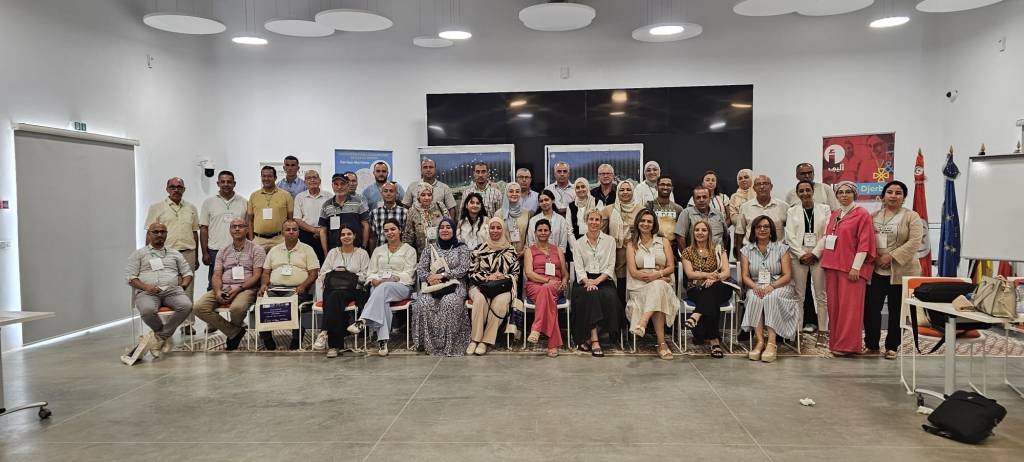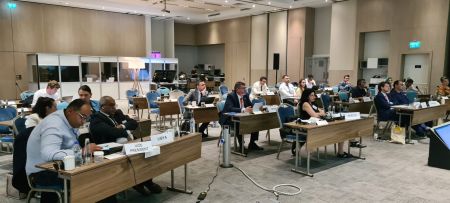A workshop dedicated to the development of a zone-based management tool for Lella Hadhria in Djerba, Tunisia, was organized by the Tunisian Coastal Protection and Planning Agency (APAL) and PAP/RAC. The workshop brought together around sixty stakeholders from very diverse backgrounds – representatives of ministries, local authorities, associations, researchers, civil society, and the private sector. The discussions highlighted the pressures facing this fragile area, from erosion and climate change to, above all, conflicts of use linked to tourism, fishing, and leisure activities. Speakers stressed the importance of a participatory and integrated approach to reconcile ecological preservation with socio-economic development. All stakeholders agreed on the critical need to address the area in an integrated way, covering both its land and marine components. The workshop introduced the concept of zone-based management tools (OGZ), which aim to map uses, establish common rules, and implement monitoring mechanisms. Group work identified the main challenges: lack of coordination between stakeholders, overfishing, ecosystem degradation, and the impacts of mass tourism. Proposed solutions included the creation of a governance committee, the development of ecotourism circuits, the organization of biodiversity-friendly activities, and the establishment of marine and coastal protected areas. The session also recalled the strategic importance of Djerba, which contributes 18% of Tunisia’s GDP, while stressing the urgency of transitioning towards a sustainable development model. This workshop thus marks a first step towards consensus and will be followed by further meetings to refine participatory zoning and define a concrete action plan.


Mediterranean countries advance Regional Climate Change Adaptation Framework
10.07.2025
Istanbul, 8–9 July 2025 – Delegates from Mediterranean countries and experts met in Istanbul to review and update the Regional Climate Change Adaptation Framework (RCCAF).
The r...

CORMON Meeting in Rome: Strengthening Coastal Monitoring and Collaboration
19.07.2025
The Meeting of the Ecosystem Approach Correspondence Group on Monitoring (CORMON) for Coast and Hydrography took place on 15–16 July 2025 in Rome, Italy, advancing key steps toward...